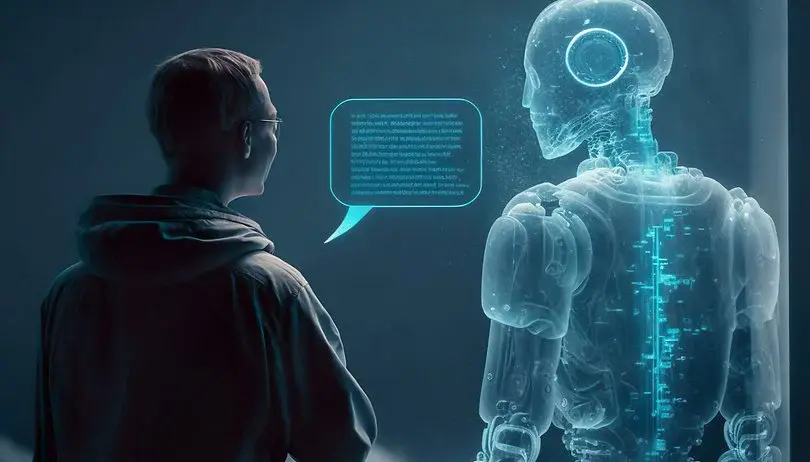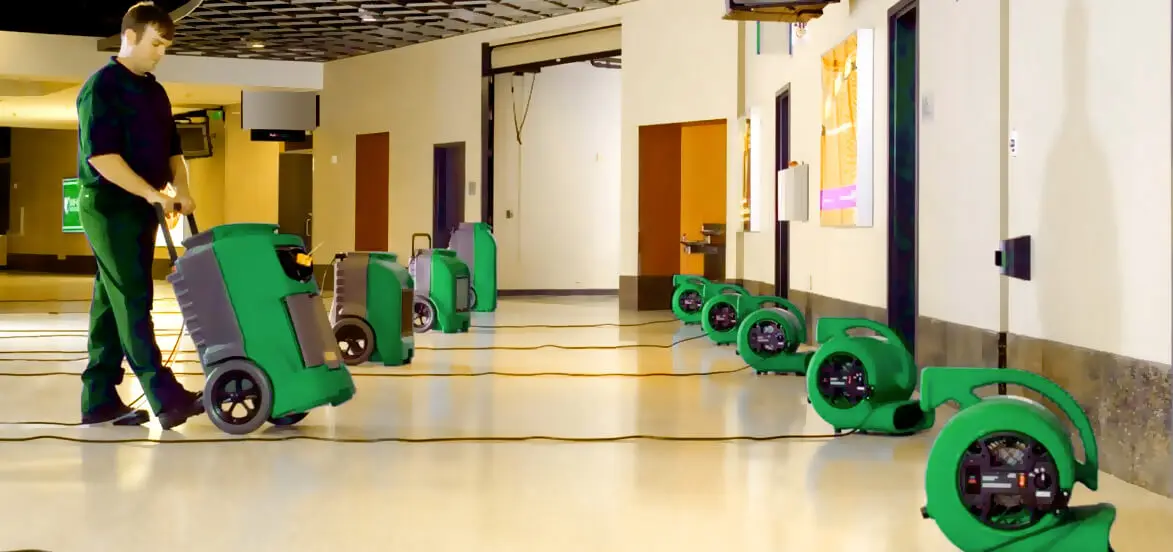
The workplace is undergoing a significant transformation as we approach 2025, largely driven by advancements in artificial intelligence (AI). From automating mundane tasks to enhancing decision-making processes, AI is reshaping our professional landscape in ways we never thought possible. In this article, we will explore the various ways AI is changing the way we work, the benefits it brings, and the challenges it poses.
Automation of Routine Tasks
One of the most noticeable changes brought about by AI in the workplace is the automation of routine tasks. Businesses are increasingly utilizing AI-driven tools to handle repetitive activities such as data entry, scheduling, and inventory management. This shift allows employees to focus on more value-added tasks, fostering creativity and strategic thinking. According to a recent study, companies that implement automation experience a 30% increase in productivity, freeing up valuable time for employees to engage in higher-level problem-solving.
Enhanced Decision-Making
AI is also transforming how organizations make decisions. By leveraging data analytics and machine learning algorithms, businesses can gain insights from vast datasets that were previously too complex to analyze. This capability enables companies to make informed decisions based on real-time data rather than relying solely on intuition or historical trends. In 2025, we can expect AI tools to become even more sophisticated, providing predictive analytics that help organizations anticipate market trends and consumer behavior.
Personalized Employee Experiences
As AI tools evolve, they are increasingly being used to create personalized employee experiences. For instance, AI-driven HR platforms can analyze employee performance and preferences to tailor training programs that align with individual career goals. This personalized approach not only boosts employee engagement but also enhances retention rates. Companies that prioritize customized learning experiences are likely to see a significant improvement in their workforce's overall skill set and morale.
Remote Work and Collaboration
The COVID-19 pandemic accelerated the shift towards remote work, and AI is playing a crucial role in facilitating effective collaboration among remote teams. Advanced communication tools powered by AI can transcribe meetings, summarize discussions, and even suggest action items based on the context of the conversation. In 2025, we can expect to see further advancements in virtual collaboration platforms that will make remote work seamless and efficient, bridging the gap between in-office and remote employees.
AI-Powered Recruitment Processes
The recruitment landscape is also being transformed by AI. AI-powered recruitment tools can analyze resumes, screen candidates, and even conduct initial interviews using chatbots. This technology not only speeds up the hiring process but also helps eliminate bias by focusing on candidates' skills and qualifications rather than personal attributes. By 2025, organizations that leverage AI in their recruitment processes will likely benefit from a more diverse and qualified talent pool.
The Rise of AI Ethics and Governance
As AI becomes more integrated into the workplace, the importance of AI ethics and governance cannot be overstated. Companies must prioritize ethical considerations to ensure that AI systems are developed and used responsibly. This includes addressing issues such as data privacy, algorithmic bias, and transparency in AI decision-making. By 2025, organizations will need to establish robust frameworks to manage these ethical concerns, fostering trust among employees and consumers alike.
Challenges and Job Displacement
While the benefits of AI are substantial, it is essential to acknowledge the challenges it presents, particularly concerning job displacement. As AI systems become capable of performing tasks traditionally handled by humans, there is a growing concern about job losses in certain sectors. However, it is important to note that AI is likely to create new job opportunities as well. In 2025, the workforce may shift towards roles that emphasize creativity, emotional intelligence, and complex problem-solving—skills that AI cannot easily replicate.
Conclusion
In conclusion, the impact of AI on the workplace by 2025 will be profound. From automating routine tasks to enhancing decision-making and personalizing employee experiences, AI is fundamentally changing the way we work. While challenges such as job displacement and ethical concerns exist, the potential for increased productivity and innovation is significant. As we embrace this technological revolution, it is essential for organizations to adapt and equip their workforce with the skills needed to thrive in an AI-driven world.
As we move closer to 2025, the collaboration between humans and AI will define the future of work. Organizations that proactively embrace these changes will not only enhance their operational efficiency but also create a more engaged and dynamic workforce.









